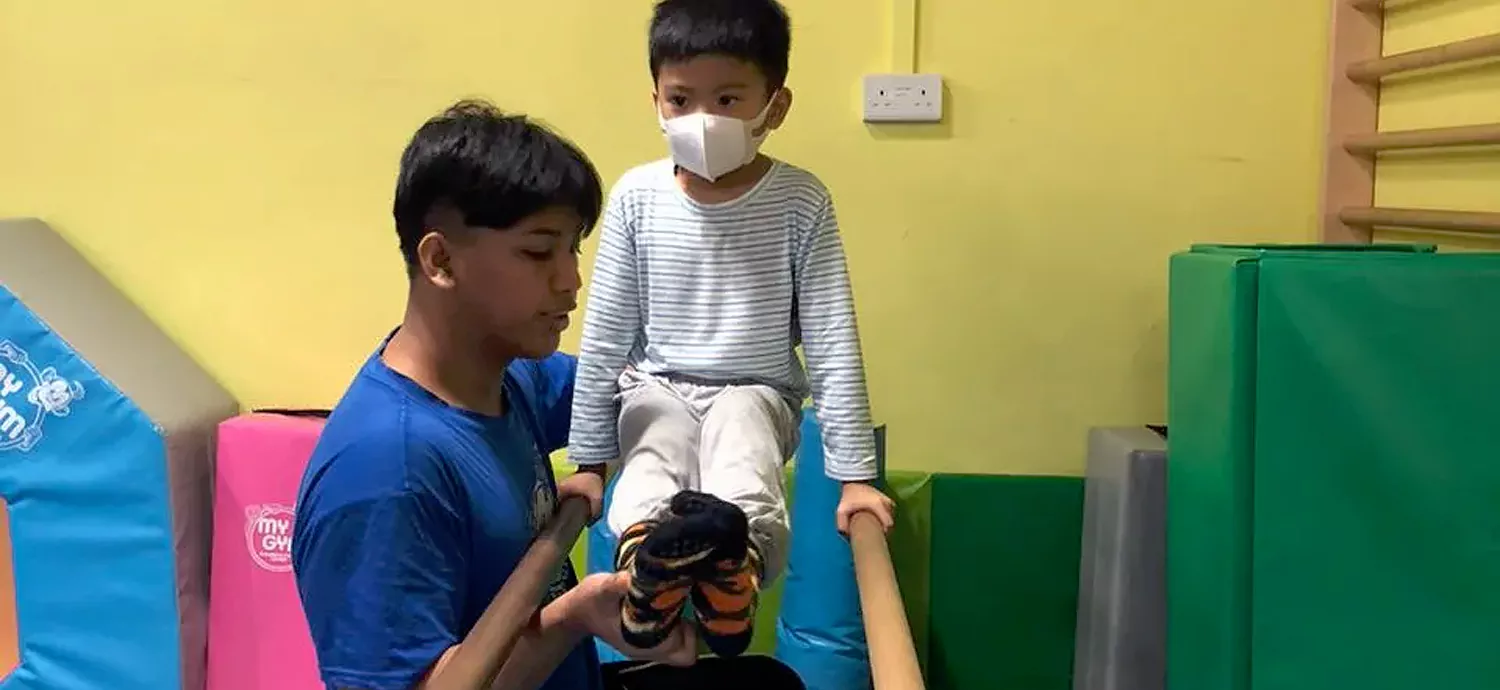Like most parents, we too want the very best for our children. But to succeed in life, children first need to be either blessed or make the effort to acquire a whole range of skills to make this possible. In addition to other skills, having self-confidence is among the most critical factors. In today’s fast-paced world, developing confidence and self-esteem play significant roles as these two factors will impact your child’s social interactions and overall well-being.
Bear in mind that having self-confidence and self-esteem are much more than just feeling good about oneself. They directly influence your child’s ability to navigate through life’s challenges and build healthy relationships. The fact is when your child has a strong sense of self-confidence, she is more likely to take risks, explore new opportunities, and handle setbacks with resilience. Learn more: help your child become a better social being
A child lacking in self-confidence, however, will shy away from participating in group activities or voicing her opinion for fear of being judged or rejected. This hesitancy can hinder her growth and limit her growth potential. On the other hand, a child with a healthy level of self-confidence will eagerly ask questions, and take on challenges with enthusiasm.
Boosting your child’s self-esteem will fuel her motivating and promote her willingness to learn. When your child begins to believe in herself, she is more likely to engage and pursue her interests with dedication. In addition to this, self-confidence also plays a significant role in her academic performance.
When your child believes in her abilities, she will be willing to take on challenging tasks and persist even when faced with difficulties. This determination and resilience will be crucial for her academic performance and self-esteem. Learn more: child’s point of view
It’s why helping young children master this essential life skill will have a direct impact on how they feel about themselves, how they fare at school and in the workplace and how they can build better teams. It is the key to success in their lives.
Play an active role in your child’s social well-being
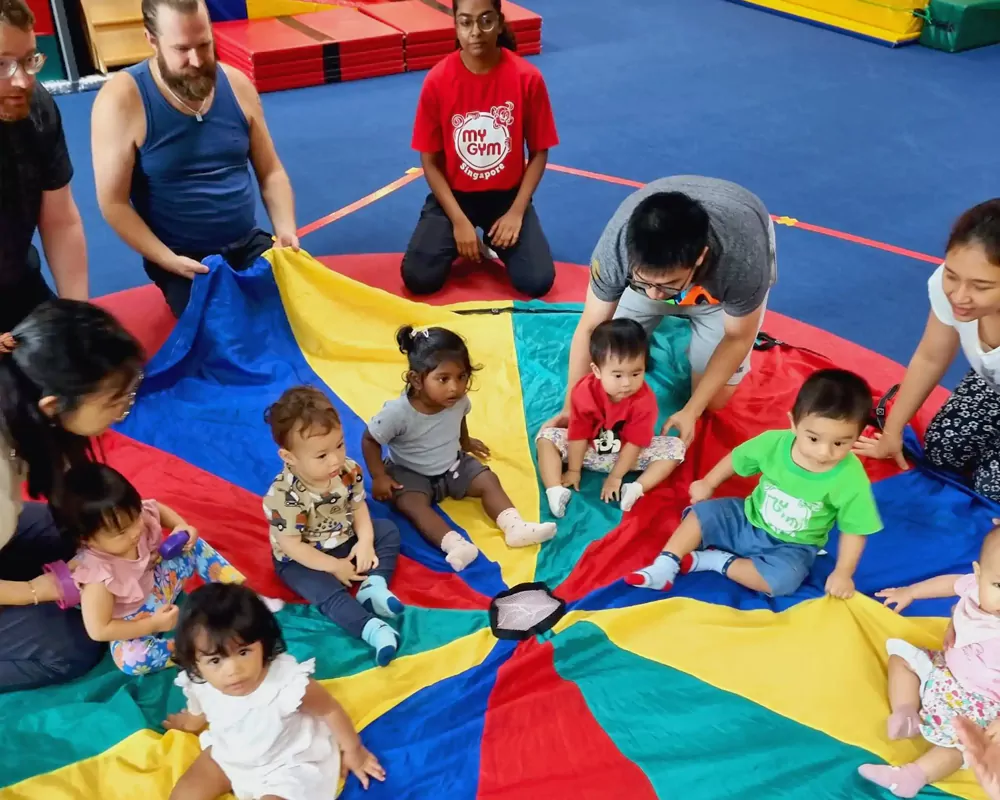
Imagine a child who lacks self-confidence in social situations. She will struggle to initiate conversations, make friends, or express herself authentically. This can lead to feelings of isolation and hinder her social development and integration.But when your child feels secure and confident, she will not only form positive relationships with her peers but will be on the lookout for forming new ones. As she is already in a position to effectively communicate her thoughts, and how she feels, and assert her boundaries, she will be perfectly capable of handling conflicts and is more likely to play a lead role in managing and resolving issues before they get out of hand.
Being self-confident empowers your child to resist negative peer pressure. A strong sense of self-worth, seldom permits negative influences to move her or allows her to engage in harmful behaviours. She can confidently make decisions that align with her values and beliefs, even if it means going against the herd!Developing confidence and self-esteem are vital attributes that positively impact a child’s development and social interactions. It empowers your child to embrace challenges, pursue her passions, and forge meaningful connections with others. As a young parent, it is essential to nurture and support your child in building her self-confidence, as it lays the foundation for a fulfilling and successful future.
Spotting low self-confidence & self-esteem
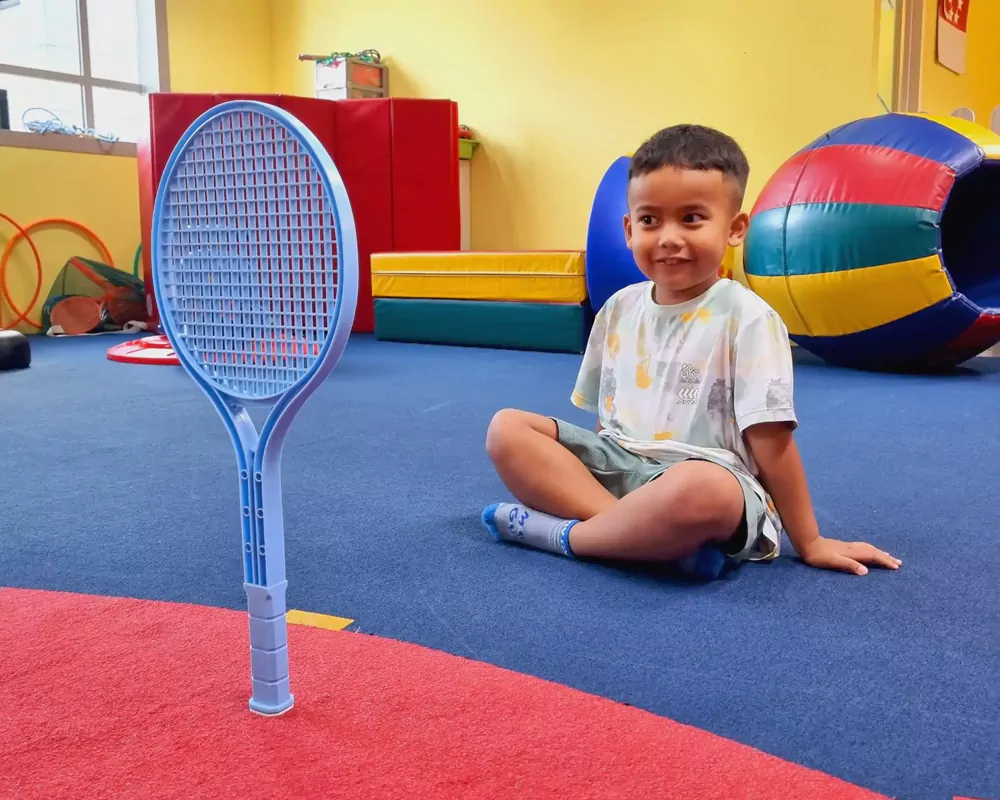
Self-esteem and self-confidence do not mean the same things. Self-confidence is a measure of our belief in our abilities, while self-esteem relates to our sense of self and how we interact with the world. [Source]
To clarify this even further, self-esteem develops and changes as a result of life experiences and interactions with other people. Self-confidence, on the other hand, refers to the confidence that a child has in specific areas of life and is about her ability to apply them to achieve goals and succeed when faced with challenges.
Self-esteem is inward-facing and helps guide our thoughts, feelings and behaviours. Children with high self-esteem do not need to prop themselves up by leveraging their parents’ wealth or social standing and are not afraid of failure or rejection but are open to experiences, tolerant of risk and readily accept themselves and others as they are. Learn more: Fostering self-esteem
Hence, as a parent, you need to be aware of the tell-tale signs that indicate that a child might be struggling with low self-confidence or self-esteem. This way, you will be able to take corrective measures well in time. That is why it is crucial for you to be mindful of the behavioural and emotional indicators that may suggest your child is experiencing low self-confidence or low self-esteem.
They are likely to shy away from facing challenges, avoid finding themselves in strange social situations that might put them in awkward positions, or constantly need the approval of their peer group and adults before taking the next step.
A child who lacks self-confidence may hesitate to participate in extracurricular activities as well or join groups at school. She may fear failure or being judged by her peers, leading her to withdraw from opportunities that could help her evolve and grow.
Furthermore, a child with low self-confidence is likely to struggle with decision-making. She may constantly seek reassurance from others, doubting her abilities to make choices independently. This hinders personal growth and her sense of autonomy.
It is up to a parent to play a crucial role in building a positive self-image by fostering a supportive and nurturing environment.
Strategies to boost child’s self-confidence
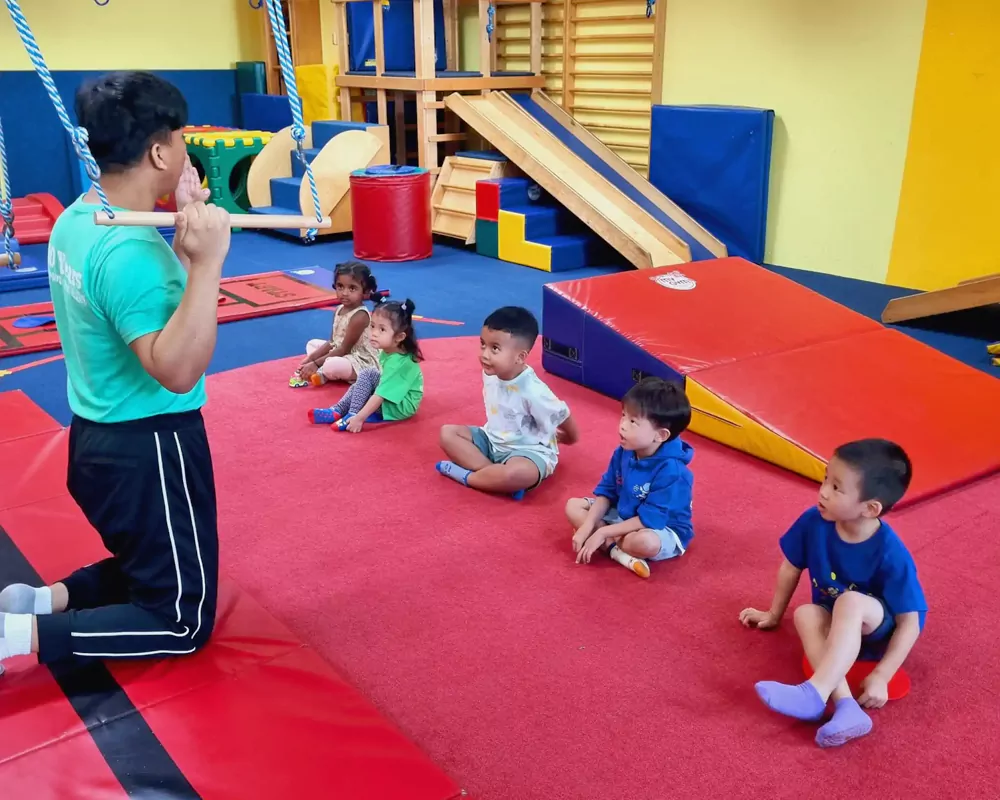
Patience, understanding, and a nurturing environment are critical requirements for building self-confidence among children. As parents, it is essential to provide the necessary support and encouragement to help a child develop a strong sense of self-worth.
One tested and proven way to boost your child’s self-confidence is by encouraging independence and self-reliance. Allowing your child to make her own decisions and take responsibility for her actions can foster a sense of empowerment and autonomy.
By giving your child the freedom to explore the choices available, you will be helping her to work on and develop crucial life skills and a belief in her abilities. For example, when faced with a problem, encourage your child to brainstorm solutions and make decisions on her own. Offer guidance and support, but allow your child to take the lead. This process not only helps develop problem-solving skills but also instils confidence in her decision-making capabilities.
Another effective way to enhance self-confidence in your child is by boosting the image she has of herself. As parents, it is essential to create an environment that celebrates and embraces your child’s unique qualities and strengths. Encourage her to focus on positive attributes rather than dwell on her shortcomings.
Celebrate your child’s every achievement. Whether it’s a good grade on a test, completing a challenging puzzle, or showing kindness to others, acknowledge and praise her efforts. This recognition will reinforce belief in her abilities and encourage her to continue striving for more success.
It will be important for you to teach your child to embrace her uniqueness. Helping her understand that everyone has different strengths and weaknesses and that these differences are what makes each person special. As a parent encourage your child to explore her interests and passions, as this will boost her self-confidence and her sense of identity even further.
Setting achievable goals
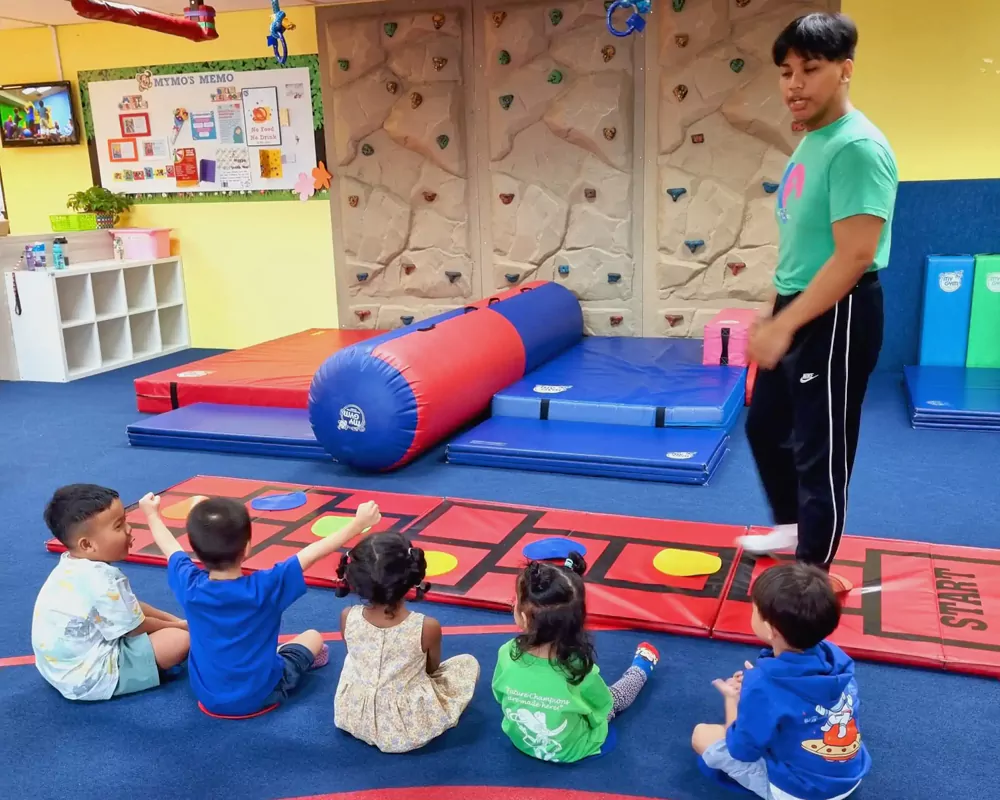
Building self-confidence is a time-consuming process and this is the primary reason, why you as a parent need to set realistic and achievable goals. By helping your child set goals that are within her reach, you provide your child with a sense of direction and purpose. This process allows her to experience the joy of accomplishment and reinforce the belief in her abilities.
Involve your child when you set goals. Consider and discuss her interests and aspirations, and help her to identify specific goals that align with her passions. Break goals into smaller steps and guide her along the way.
Regardless of the outcome, celebrate your child’s progress. Recognize her efforts and highlight the lessons she has learned, despite setbacks or failures. This approach teaches your child that failure is a natural part of the learning process and that she can bounce back to start again with renewed effort.
One of the most important aspects of taking part in team sports is that it helps establish and build strong social bonds. Whether you are an adult, a young person, or a child, participating in team sports builds lasting friendships, learn important social skills, and become a better leader and team player. It is also a more exciting way of instilling team spirit and self-confidence in young children.
Then there are creative activities that help to spark your child’s natural curiosity and create their own pathways to exploration, discovery and development. According to Einstein, “Imagination is more important than knowledge.” When you nurture your child’s imagination you nurture her creativity and her growth as an individual.
Creative activity also helps with all areas of learning and enhances well-being and self-development. Activities, such as painting, writing, or playing a musical instrument, can significantly boost your child’s self-confidence.
Helping develop your child’s own ideas and turning them into something she can hold in her hand, promotes a deep sense of pride, satisfaction and self-worth. This will enable your child to gain confidence in her abilities to develop a unique way of thinking as only she knows that her ideas will be recognised and valued.
Learning from mistakes builds confidence. So try not to be over-protective, allow your child to mess up now and then, just remember to help her understand how she can better approach the task next time around. Overcoming challenges is a part of life.
Creative activities help your child to think, make connections and work things out for herself. When your child engages in creative pursuits, she will have the opportunity to express herself freely and gain a sense of pride in what she can achieve.
Remember, building your child’s self-confidence is a lifelong investment. By understanding the importance of self-confidence, recognising early signs of low self-esteem, and implementing strategies to nurture growth, you can empower your child to thrive and face life’s challenges with resilience.
How My Gym can be of help
At My Gym, the aim is to increase exposure to new experiences so that your child can develop confidence in coping with a larger world. Exposing children to new things teaches them that no matter how different some things might seem, they can overcome their fears.
Self-confidence and high self-esteem are the keys to achieving almost anything. My Gym not only gives your child the certainty that they can do something difficult but enhances their motivation, resilience and tenacity. All necessary for success, no matter how big or small the goals.
While My Gym may not be able to stop the impact of the information age, what it can do is lay a better foundation for children to be able to cope with and process the information they access on the Net.
At My Gym, your child will be encouraged to engage with real people in the real world. Remember, confidence in the virtual world (although important), is not the same as confidence in the real world. Self-confidence is a skill and is something that can be learnt at home and My Gym is here to show you how!
Please visit any of My Gym centres to learn more about how it can support “whole-child development”. Choose a day when you are relatively free and come over with your child in tow. Your child could be an infant (as young as 6 months), a toddler or a preschooler, age is not a bar. Discover how your child can learn, pick up new skills just by looking, listening and doing.
Please note: My Gym classrooms are thoroughly sanitized every day — the tables, the chairs, the children’s activity stations and everything else the child might touch is made safe and clean. Whenever required, children are encouraged to wear a mask, wash their hands frequently, and practice social distancing as well.



